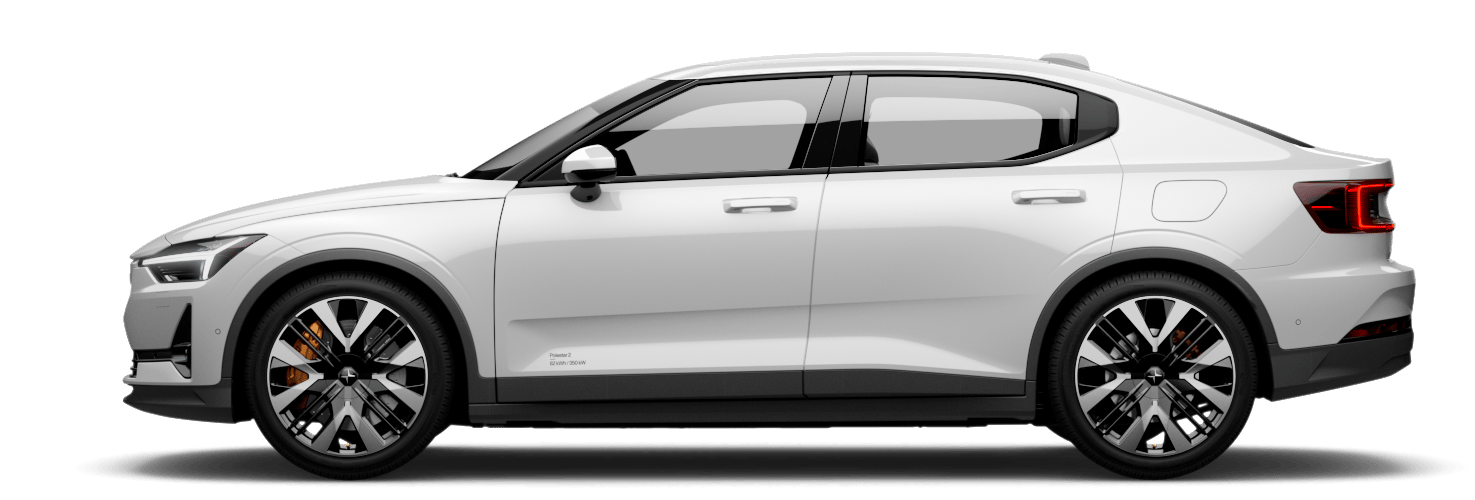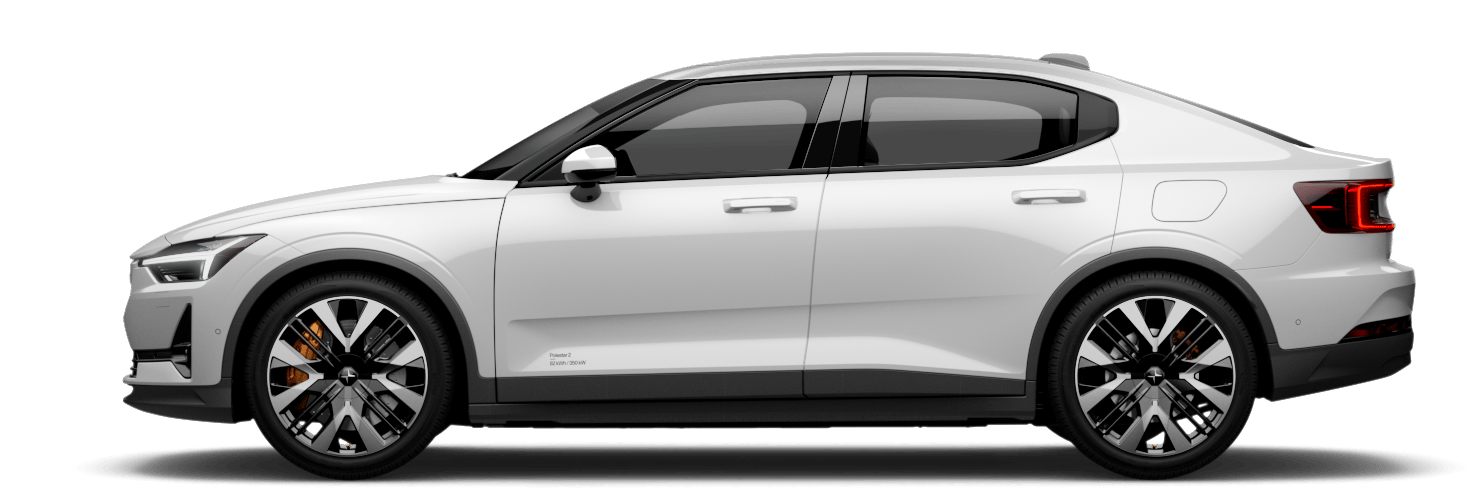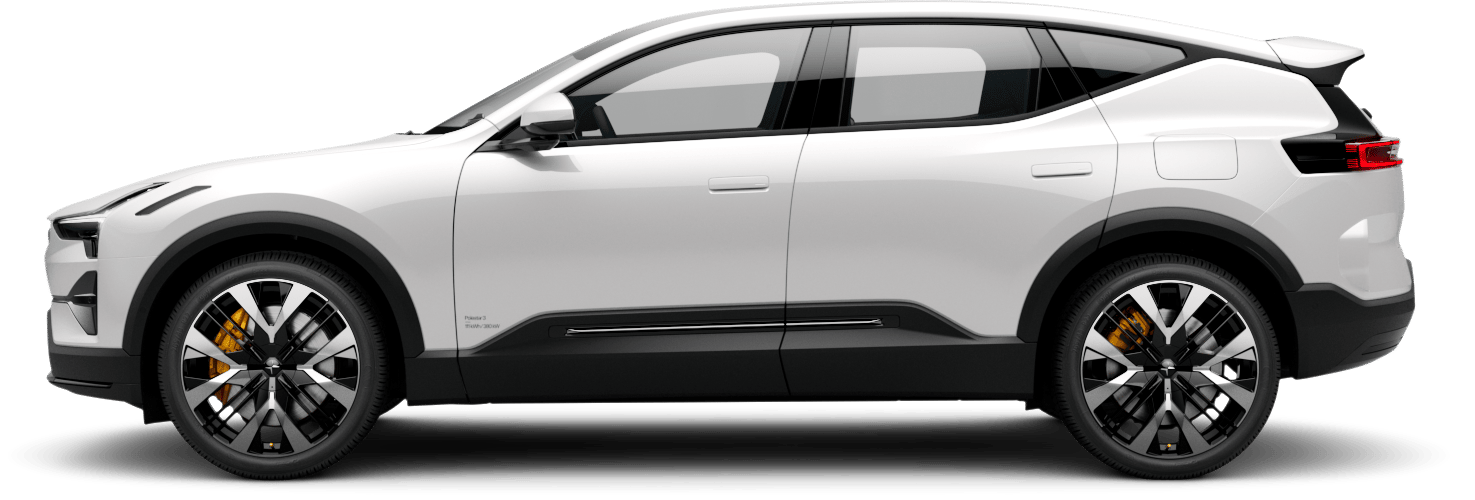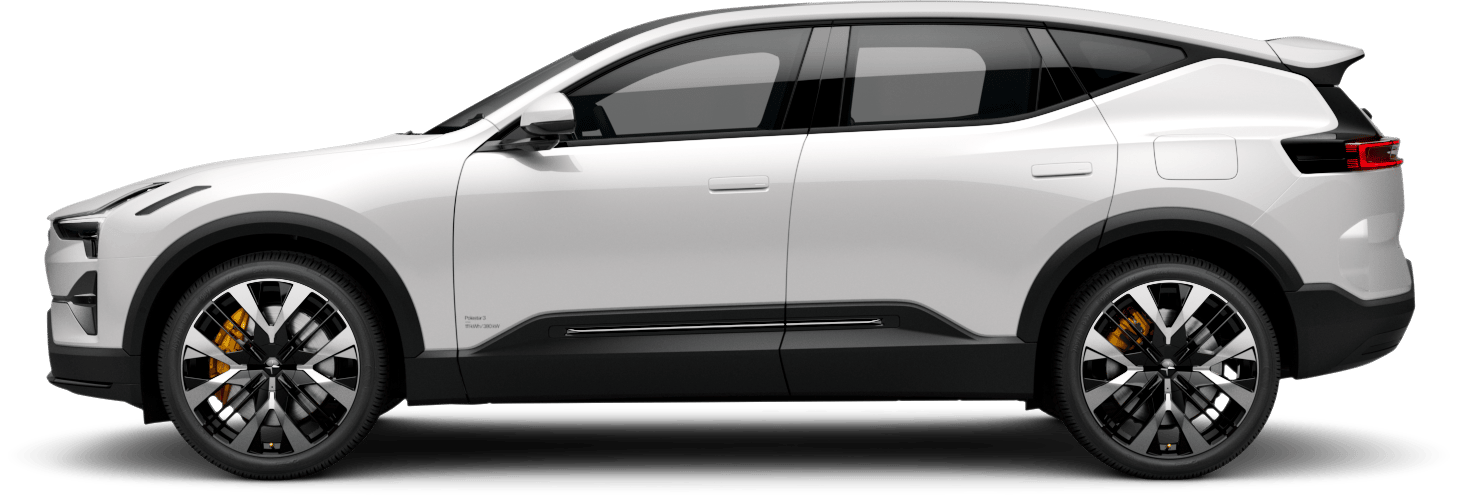The importance of impatience: Polestar 2 sustainability upgrades
Patience. A famously good thing. There is no end to the folksy phrases and nuggets of wisdom that emphasize the importance of being good at waiting. Patience, it's said, is a virtue. But when it comes to righting environmental wrongs, it's also a luxury. One we don't have. Which is the reasoning behind the Polestar 2 sustainability upgrades.

We are not about traditional mid-cycle face-lifts, instead focusing on ongoing improvements that we can implement sooner rather than later.
Instead of the cosmetic face-lifts so common to the industry, the upgrades to Polestar 2 are concrete improvements to the car's sustainability credentials. Progress is continuously being made when it comes to materials, processes, and approaches. And when there's an actionable improvement, we want to implement it as soon as we can.
"We have revisited materials and processes that go into making Polestar 2, introducing updates that reduce the climate impact and increase material traceability of this award-winning car," says Polestar CEO Thomas Ingenlath. "These are important additionals to how we can improve cars over their lifetime. Not just with functionality and design updates, but with addressing sustainability and carbon footprint as well."
Let's start with the interior. The official Polestar approach to materials is vegan first, with a leather option available. Relying on only synthetic materials creates other sustainability challenges. As of now, leather is a material that solves many challenges related to quality and the environment when it comes to interiors. Making leather more sustainable, while simultaneously exploring other options, has therefore been the focus.
"We require that all leather used in Polestar products live up to the strictest standards on animal welfare and the Five Freedoms,* as well as being fully traceable and chrome-free," states Polestar Head of Sustainability Fredrika Klarén.
Bridge of Weir, a Scottish leather suppler, satisfies these requirements. Working with byproducts from ethically responsible sources, the leather provided by Bridge of Weir is certified at the highest level by the UN Food and Agriculture Organization, with 100% traceability. Their patented circular manufacturing process reduces carbon emissions, and is Leather Working Group gold-level certified, the world's leading leather manufacturing industry environmental certification. A chrome-free production method uses natural sources of probiotics, enzymes, plant polymers, and vegetable or synthetic tannins for the tanning and treatment. Grass-fed and regenerative farming practices are implemented by the entire supply chain.




01/02
The components, construction, and performance of the battery also benefit from sustainable improvements. Circulor, Polestar's blockchain partner, has now added mica to the list of traced minerals, alongside cobalt. The battery casing's aluminum tray sees a CO2e reduction of 700-kg (1653-lb) per car, thanks to the decision to only purchase aluminum for this component from smelters that use renewable energy.
Sustainability permeates every aspect of Polestar. As such, CO2-reduction programs are combined with the cost-reduction programs common in the industry. "A first pilot has been rolled out, replacing the aluminum in the wheels with low-carbon aluminum that is produced using renewable energy," Klarén explains. "We expect this to result in a 600-kg (1320-lb) CO2e reduction for Polestar 2 in the second half of the year."
"Our LCA reportrevealed those areas that could be improved upon," continues Klarén. "We need to actively seek out solutions, together with our suppliers and partners, because we don't have the time to do otherwise."
The power to drive real progress doesn't only reside with the manufacturers. Consumers have enormous potential to help create a cleaner, more sustainable future, especially when information like Polestar's own product declarations are becoming more commonplace, creating greater transparency that in turn enables informed decision making.
Quick, sweeping changes are what's needed. Improvements, whenever they're determined to be actionable, need to be implemented as soon as possible. No more waiting. We can't afford it.
Time to make impatience a virtue.
*Freedom from hunger or thirst by ready access to fresh water and a diet to maintain full health and vigor. Freedom from discomfort by providing an appropriate environment including shelter and a comfortable resting area. Freedom from pain, injury or disease by prevention or rapid diagnosis and treatment. Freedom to express (most) normal behavior by providing sufficient space, proper facilities, and company of the animal's own kind. Freedom from fear and distress by ensuring conditions and treatment that avoid mental suffering.








